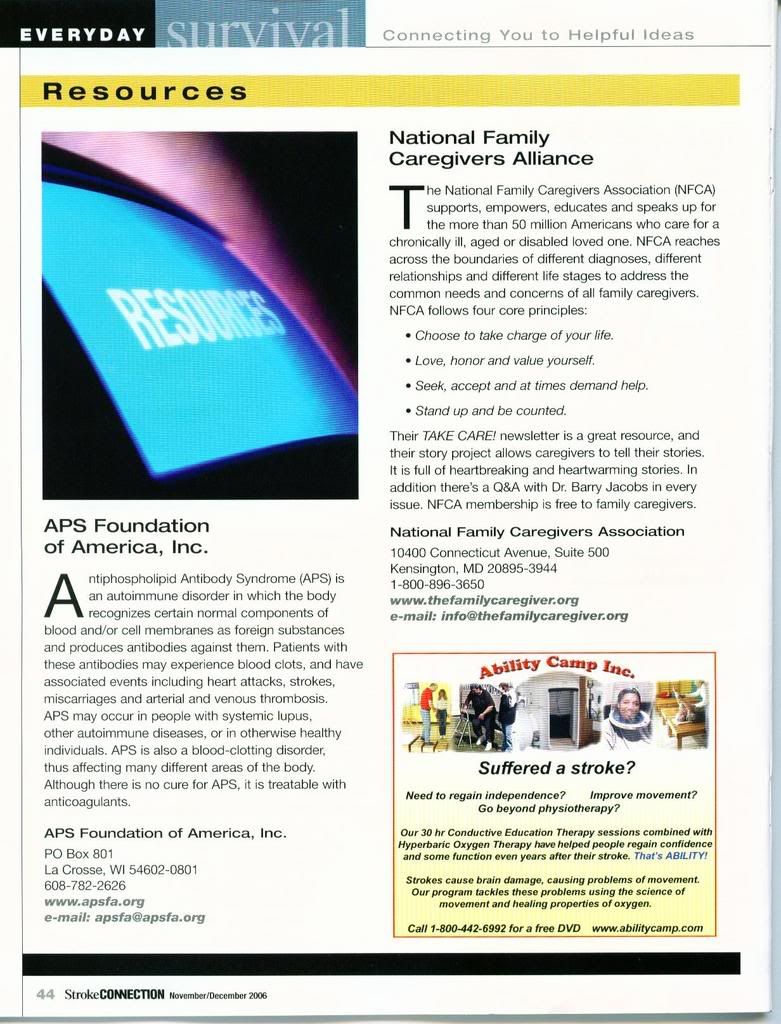Finally - someone has spoken up and said these machines do not work with us patients....that you are really playing Russian Roulette!
http://www.fvleiden.org/ask/94.html
Q."I bought a home Coaguchek® INR machine. My insurance company refused to pay for it, so I paid for it out of my own money, close to $ 2000. I have antiphospholipid antibodies and am on warfarin. Initially, I did many comparisons between the machine and hospital-testing INRs, before I and my doctor accepted the machine's numbers. Things were initially working fine. But recently I noticed that there was a discrepancy between my home INR machine (which read an INR of 7.8) and a hospital INR (which was 3.5). I ran all the controls for the machine (liquid and electronic) and they all ran fine. I called the company. They said their machine was fine. I bought a new box of test strips and the discrepancies were still there. I am done using the machine. I will deal with the hassle of going to the lab. At least I know those INR's are correct. I am really disgusted at what a waste of money the machine was."
A. Home INR machines do not give accurate readings in about 1/3 rd of patients with antiphospholipid antibodies who are on warfarin. This is not due to the machine malfunctioning, but likely due to antibodies interfering with the test method of the home INR machines
In one third of patients with antiphospholipid antibodies the INRs read by the home INR machines are unreliable: (a) they either read too high, compared to INRs tested in a laboratory from an i.v. stick (reference 2), or (b) the instruments flash up an error message (reference 1). This inaccuracy is likely caused by the presence of the antiphospholipid antibodies. Since antibody levels can fluctuate over time, the instrument may give accurate readings at times when the antibody levels are low, but inaccurate ones at times when the levels are higher. This is a phenomenon not unique to the Coaguchek® instrument, but is also seen with the ProTime® and the INRatio® instruments (reference 1,2). In patients who do not have antiphospholipid antibodies the home INR machines give reliable readings and are a good way to monitor warfarin therapy (ref. 3).
Personal Comment:Because of the potential inaccuracies of home INR machines in patients with antiphospholipid antibodies, I prefer to see these patients not use home INR machines, but have their warfarin monitored with i.v. blood draws through an office or hospital laboratory. However, if a patient with antiphospholipid antibodies decides to use a home INR machine, I recommend that initially and every so often thereafter, such as every 6 months, the INR of the machine be compared to the INR obtained at a laboratory. If the machine gives unreliable readings, the patient should switch to i.v. stick INR measurements through a laboratory. Alternatively, the patient could correlate the INRs obtained with the home INR machine to the laboratory INR, and thus determine his/her unique therapeutic range with the machine. The patient could then continue using the machine.
References: Perry SL, Samsa GP, Ortel TL: Point-of-care testing of the international normalized ratio in patients with antiphospholipid antibodies. Thromb Haemost 2005 Dec;94(6):1196-202.
Moll S, Wobbleton DL, Misita CP, Bryant B, Malone R, Musty M: INR Determination by plasma-based methods versus point-of-care instruments in patients with antiphospholipid antibody syndrome on anticoagulants. Int Soc Thromb Haemost meeting; Sydney, Australia, Aug 2005. J Thromb Haemost. 2005 Aug;3(suppl 1);abstract.
Yang DT, Robetorye RS, Rodgers GM: Home prothrombin time monitoring: a literature analysis. Am J Hematol 2004;77:177-186.
 We are offering this exclusive holiday ornament on our CafePress site. The ornament will feature a different snowflake every year, so this is truly a collector's item. The ornaments are $8.00 and $2.00 from each purchase goes to the APSFA. This design is only available until Dec 31, so you'll need to act fast!
We are offering this exclusive holiday ornament on our CafePress site. The ornament will feature a different snowflake every year, so this is truly a collector's item. The ornaments are $8.00 and $2.00 from each purchase goes to the APSFA. This design is only available until Dec 31, so you'll need to act fast!



